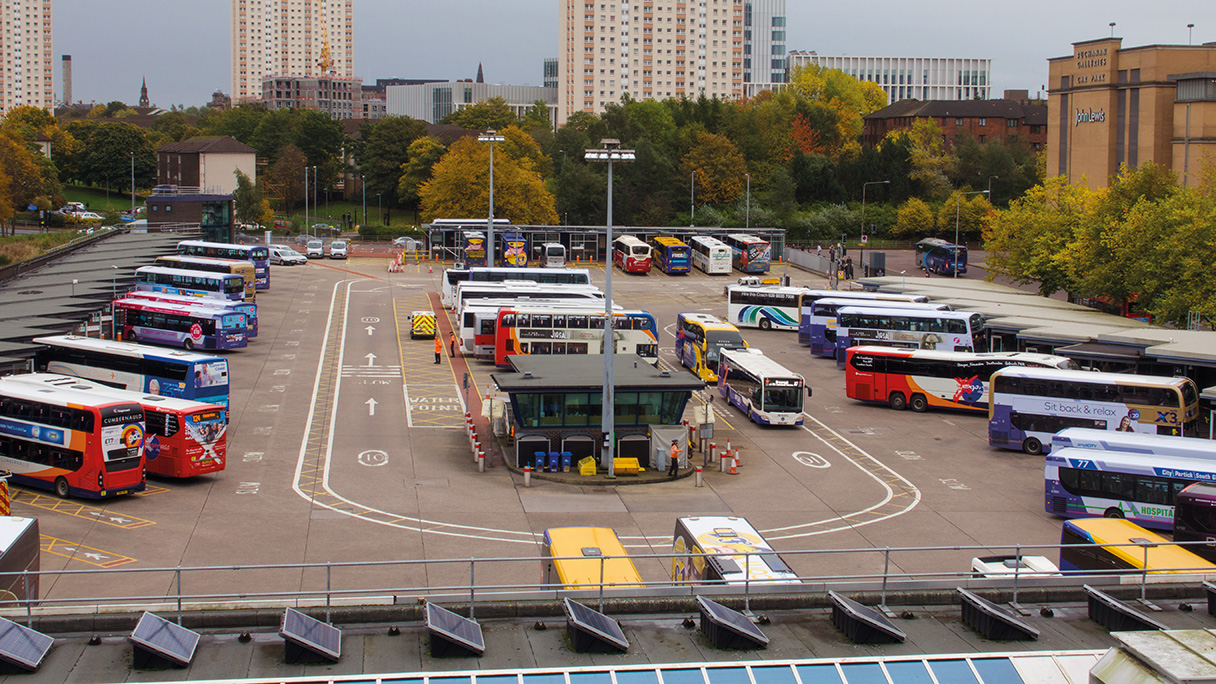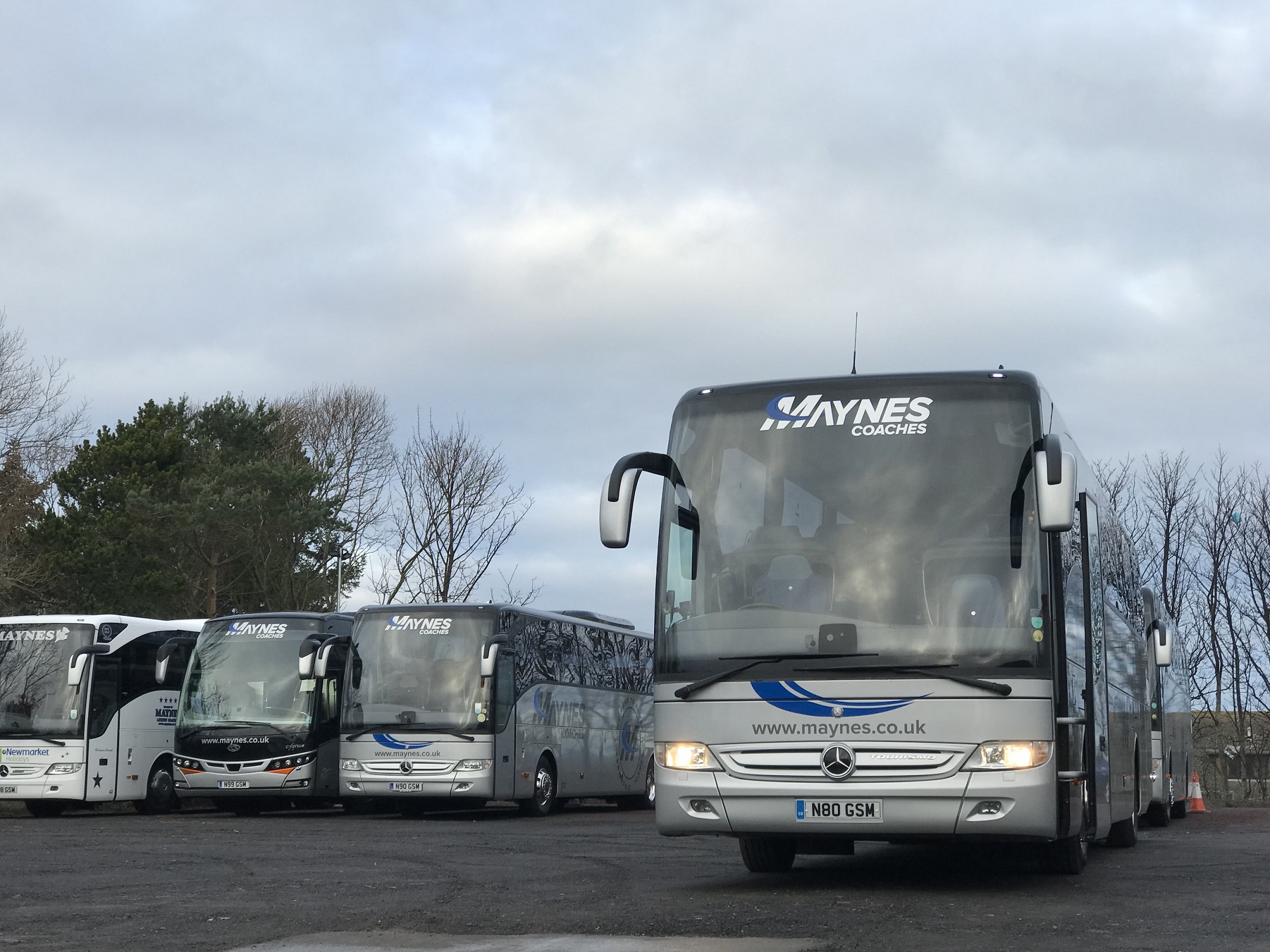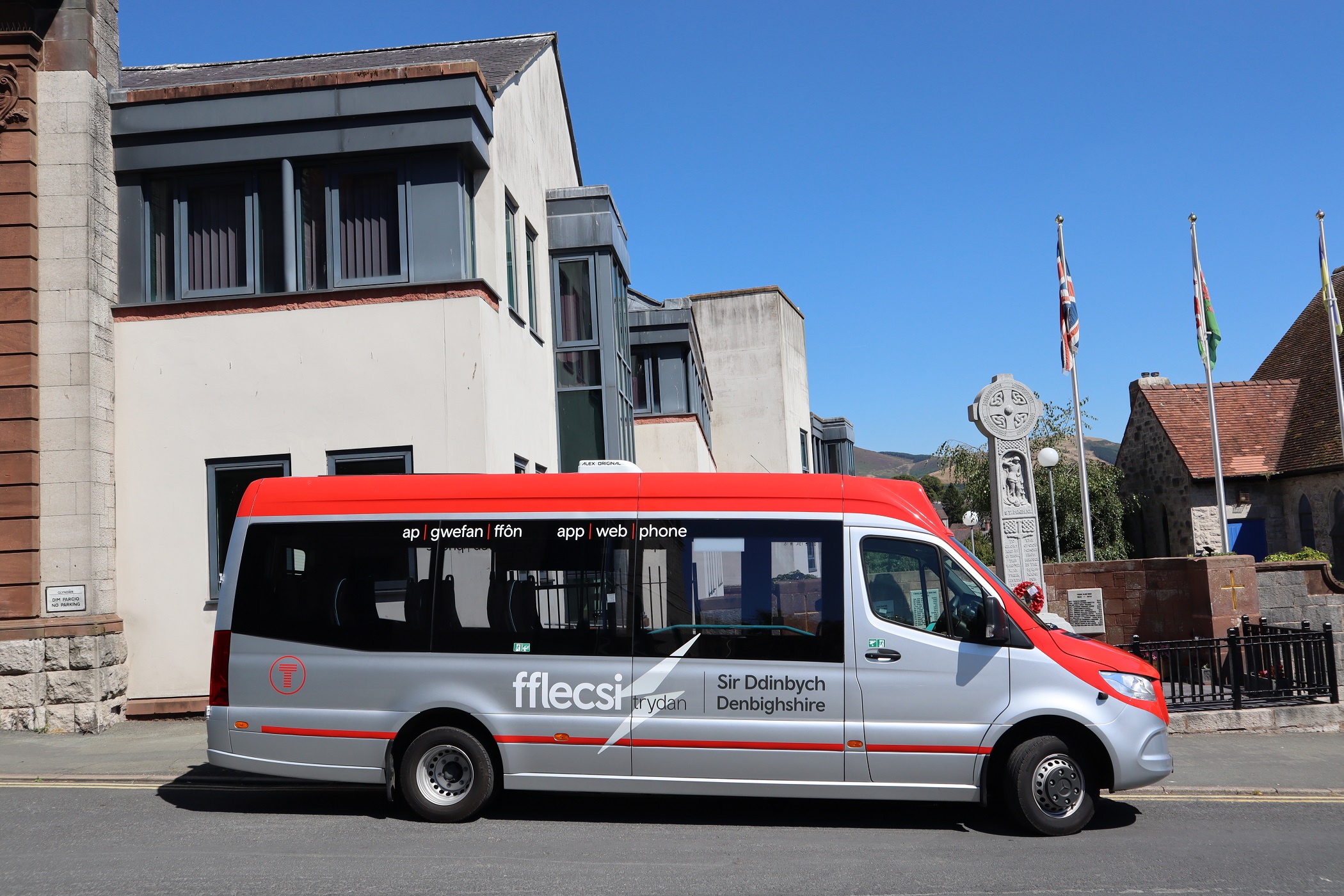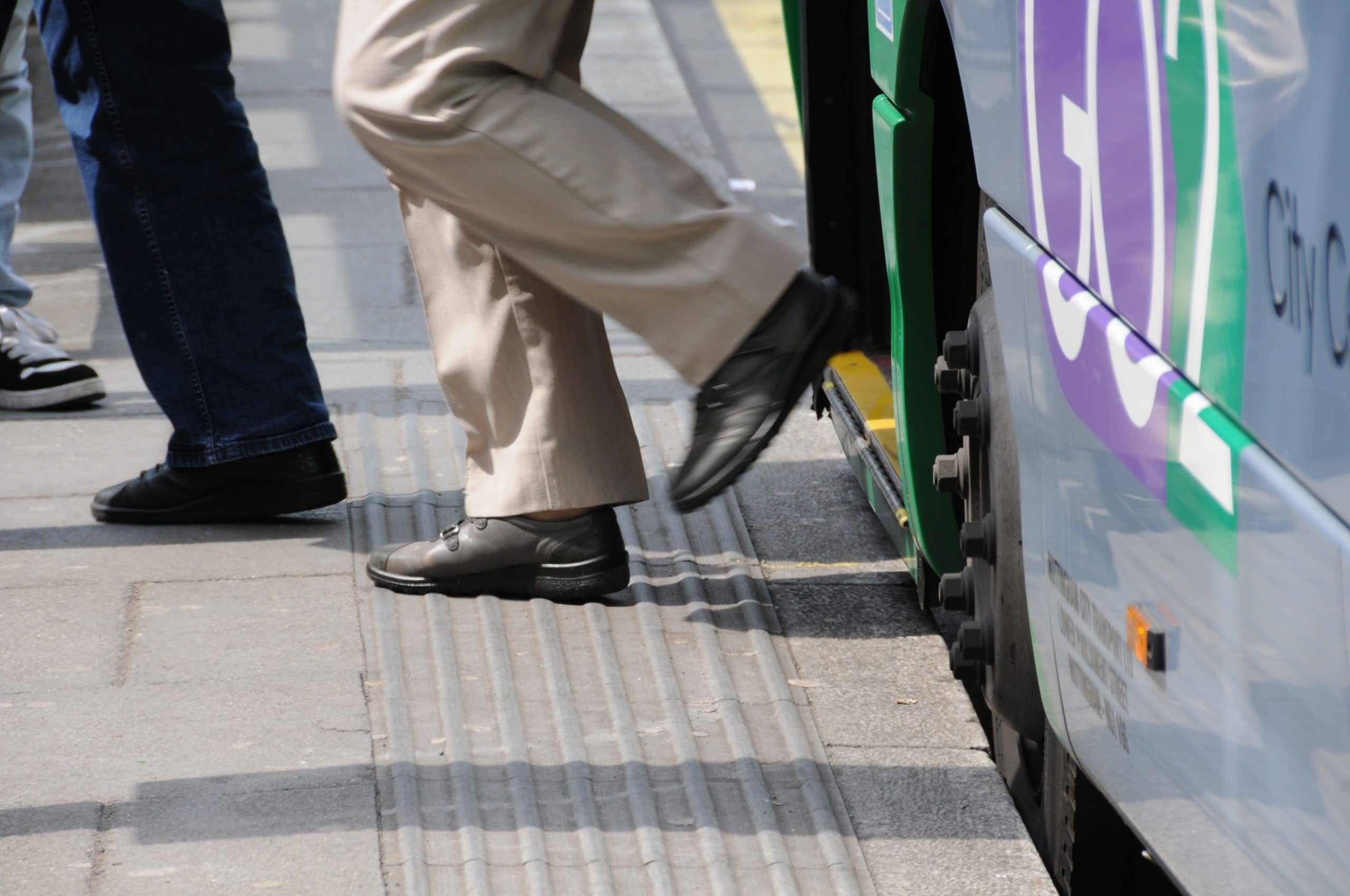It has been a busy few weeks. Importantly, we have seen the extension of financial support to bus operators in England. This is really to assist users by keeping networks together, but that appears to have escaped a lot of the mainstream media.
We have also seen a new Prime Minister – congratulations to Ms Truss – and our Chief Executive has written to her to outline the industry’s priorities.
The £2 single fare cap project for England has also been announced. This is very good news. At least the Department for Transport was not affected by the supposed ‘zombie’ government during the summer. Well done to all involved. I know that the Confederation of Passenger Transport (CPT) was central to this.
There was a lot of speculation about whether the National Bus Strategy (NBS) for England would remain, but it was good to note a picture in the media of the incoming PM in the cab of a bus at CPT member Equipmake in 2019. Time will tell on NBS commitments.
It was also good to see orders placed under the Zero Emission Bus Regional Areas scheme, with a lot more to follow. It does feel like we are seeing some movement in the right direction for the industry.
In Scotland, there is another new scheme for zero-emission buses and a commitment to try and find a zero-emission solution for coaches. These coaches exist, obviously, but operators need to investigate how to adopt them. The Scottish Government is making funding available to allow them to do that.
No corresponding good news for Scottish bus operators, though, in relation to network support funding that runs out in October, with the inevitable trimming of bus networks to balance the books.
This makes me wonder if government really understands the huge role that coach and bus has to play in people’s lives. Car ownership is very cheap compared to 30 years ago, even with current fuel prices. But the cost-of-living crisis that is about to envelop most households will cause belts to tighten in a way they never have for a couple of generations. This will mean that people will be looking for a more cost-effective way to get about. Our industry is well positioned to deliver.
I have heard a lot from politicians over recent months about the need to cut our cloth accordingly and to balance provision to demand. That talk spectacularly misses the point of what the country, and those politicians, want and need.
We are supposed to be working towards a net zero future. We know that transport is a big emitter – cars mostly – and that we need to replace car journeys with active and public transport. How that is supposed to happen when we have networks only capable of meeting current demand, I do not know.
Speaking of which, modal shift is spoken about like it is something new. It has existed since the 1950s, from public transport towards the car. What we are trying to do is reverse modal shift. This is a huge task. It will take time and it must be induced.
Just as we know that building new roads induces more car journeys, we also know that new bus routes and more frequent existing services induce more bus ridership. Simply matching our provision to current demand is short-sighted in the extreme. If a shop owner wants to sell products, they invest in stock and put it on display.
Empty shelves sell nothing. Let’s hope that decisionmakers understand this fundamental issue and act accordingly. Then it is over to us, and I have total faith that our industry will deliver.

























